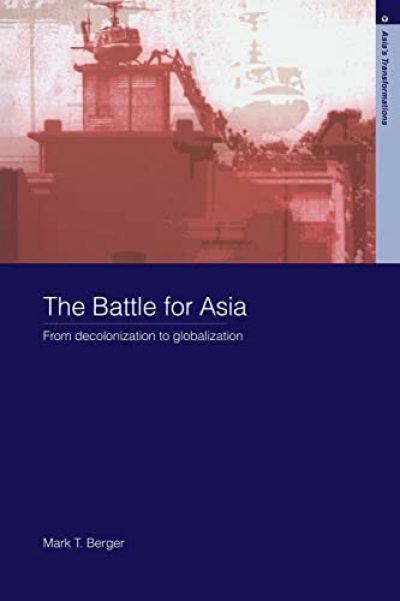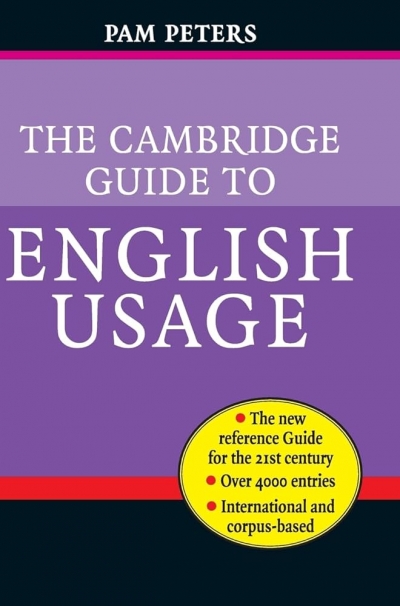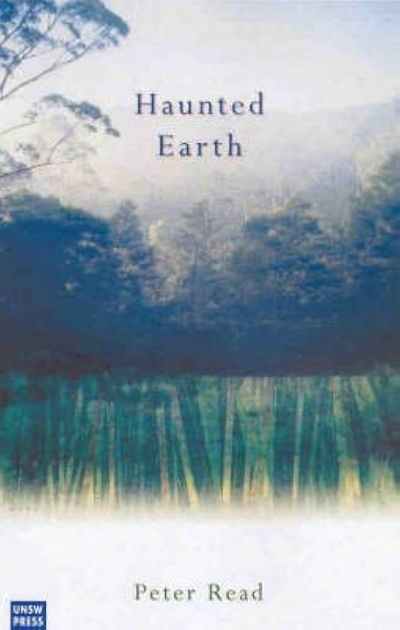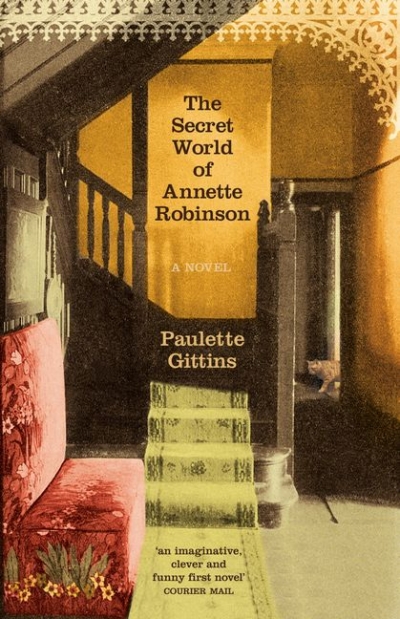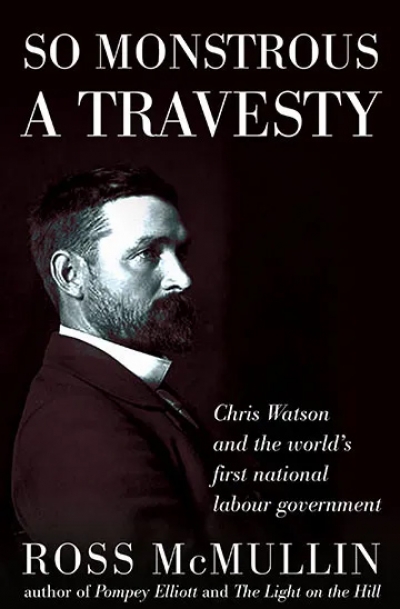Archive
The summer night is dangerous and deep.
I lie, dead still, aware of the tiniest sounds
Being so full of joy I cannot sleep.
The night is dangerous, so many lives.
I love my husband well. A sharp moon
Rubs the spine of the barn. Nothing moves.
(for David)
je ne sais quoi
but it is written in the sound of this melange
of consonants and vowels that a blind
old impressionist defeats Duchamp
Racism in Mind edited by Michael P. Levine and Tamas Pataki
Robert Hoddle: Pioneer Surveyor, 1794-1881 by Berres Hoddle Colville
The Battle for Asia: From decolonisation to globalisation by Mark T. Berger
Souvenir books are just that – souvenirs of a collection, usually bought as reminders of things seen and enjoyed. They also serve as introductions to a collection or to whet the appetite for a proposed visit. For some purchasers, they are introductions to an aspect of art that has fascinated them during a museum visit, or to collections not always on display. To succeed, souvenir books must be visually glamorous and enticing, and written in an accessible yet scholarly style.
The National Gallery of Victoria’s eight new souvenir books devoted to works from the international collections are exemplary and could serve as models to most museums. They represent a high point in the design of museum publications in Australia and celebrate the pride that the NGV has in its collections. I hope that we might soon see the Australian collections similarly celebrated.
... (read more)


